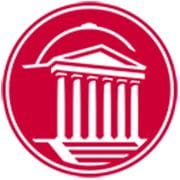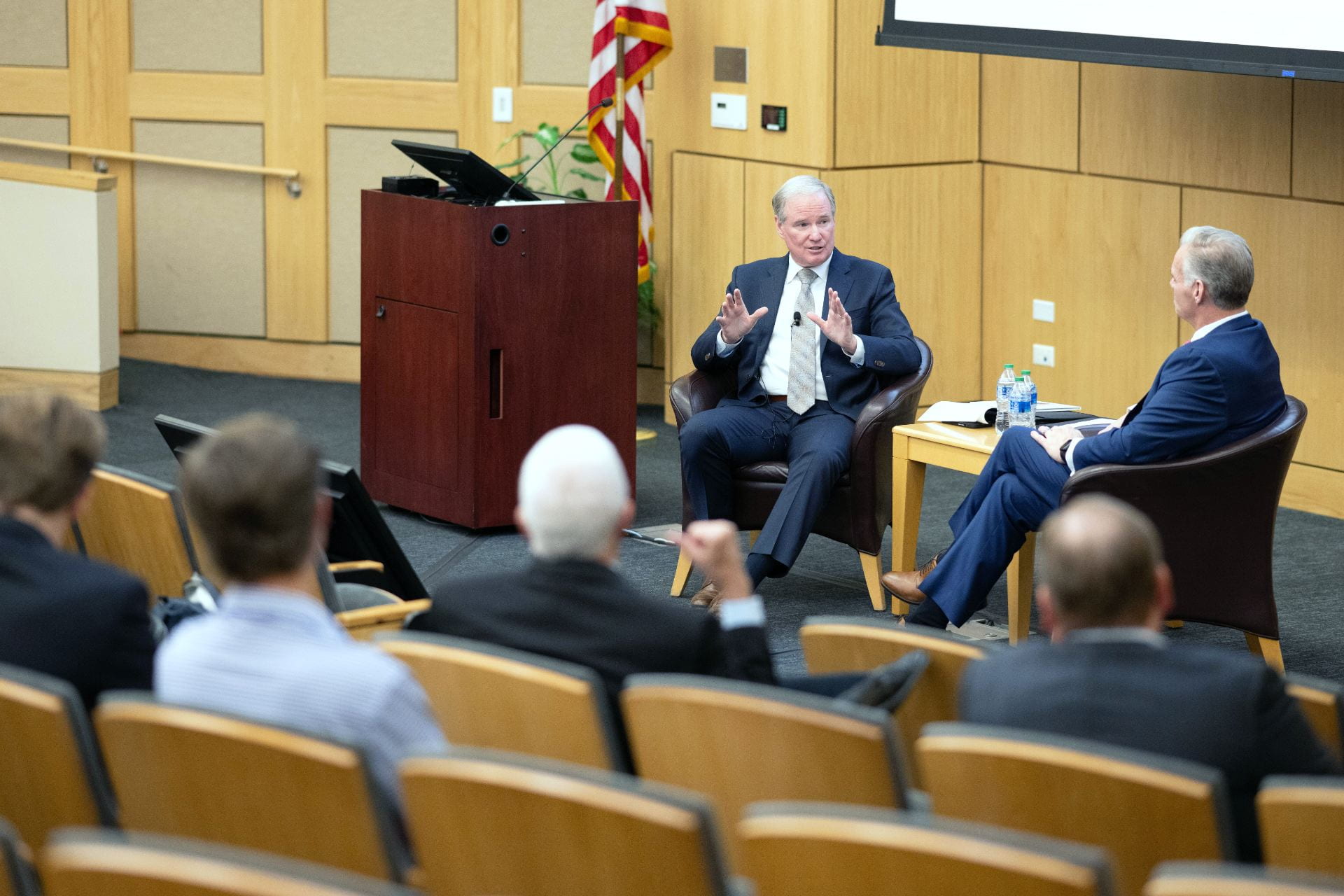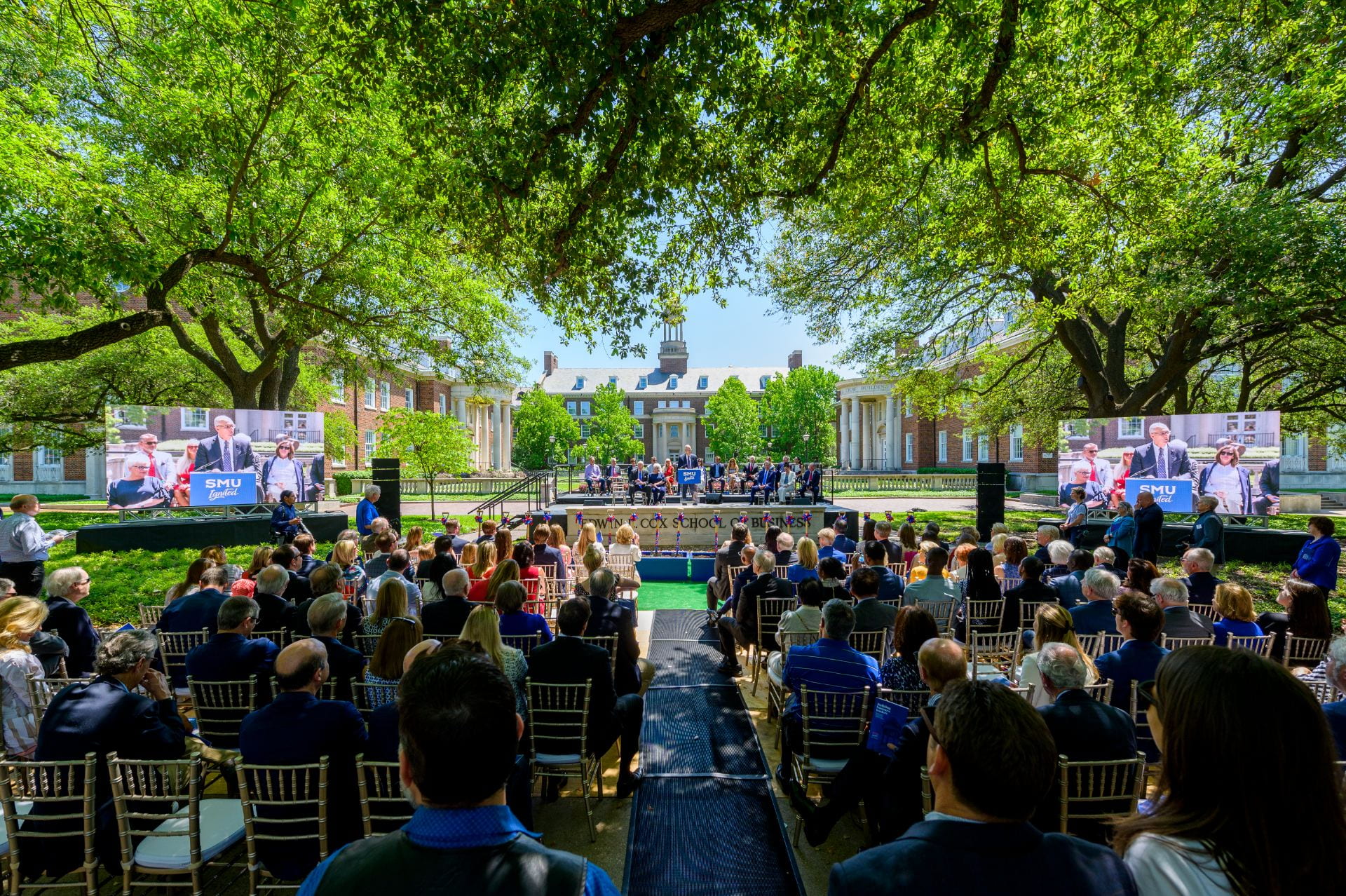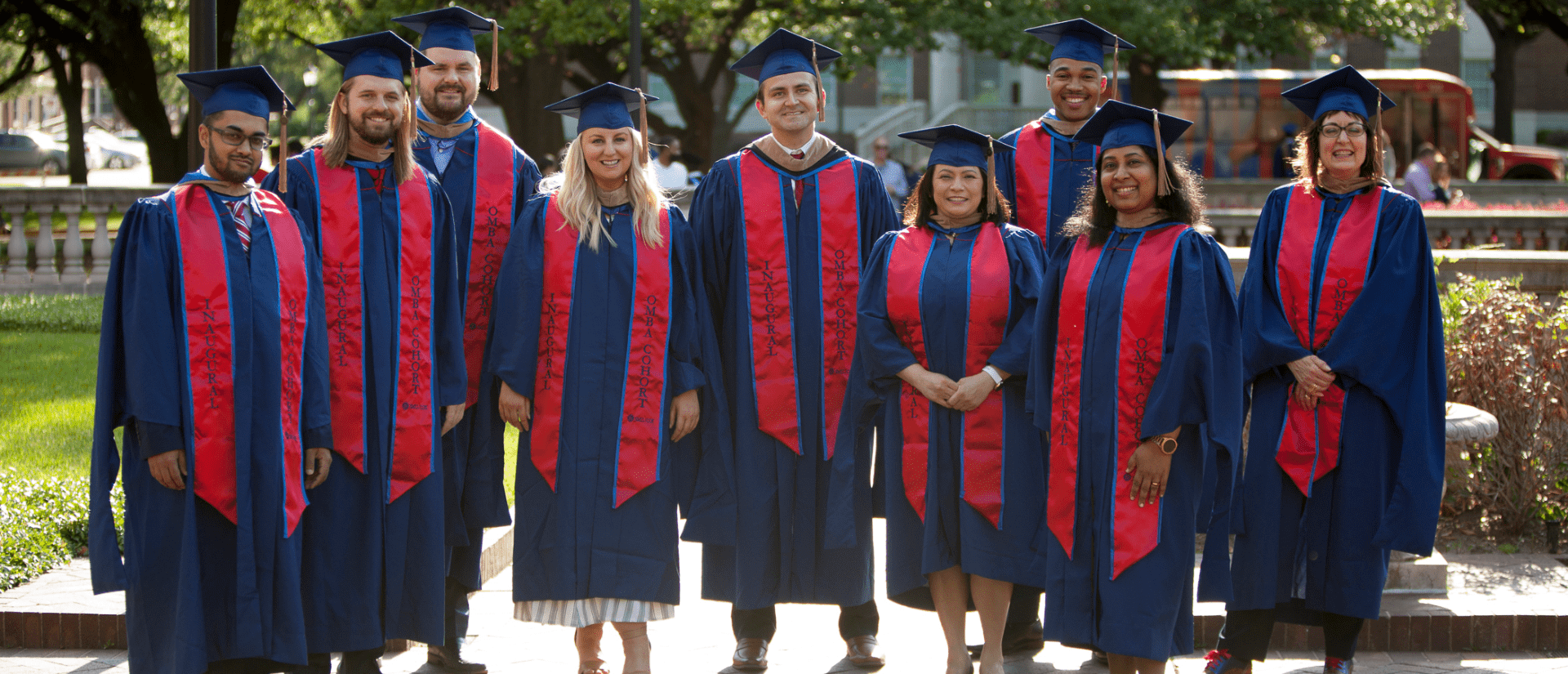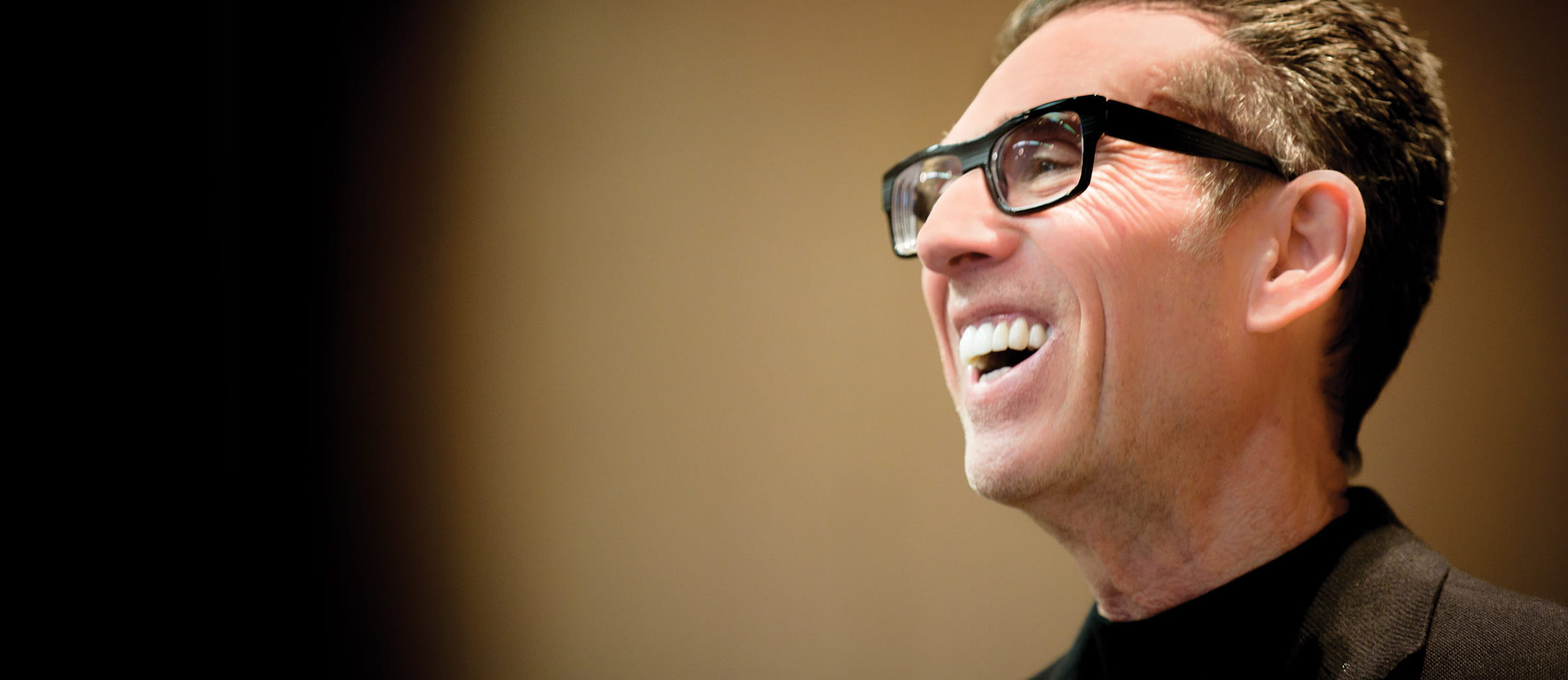The fact that technology shapes jobs is not new; it has been true through history, according to Amit Basu, chair of SMU Cox’s Information and Technology Operations Management department: “The industrial revolution, telecommunications and computers—all of these technological shifts have reshaped the landscape of labor and jobs.” Technological innovations may comprise new products and processes, but people remain at the heart of innovation, driving change and making choices based on their individual context from experience. Silicon Valley has been at the forefront of the movement for decades as the premier technology hub, but the high cost of doing business there and related factors are driving some to look elsewhere. Dallas is a beneficiary of the shifting tide as businesses and people continue to relocate to the South.
Just for Startups
Innovation and entrepreneurship go hand in hand. Recently, SMU announced the creation of the SMU Incubator, a cross-campus facility for students, faculty, and staff to consider commercializing their novel ideas. At Cox, Simon Mak, professor of entrepreneurship and associate director of the Caruth Institute for Entrepreneurship, sits on the operations committee. He was also the first faculty member to start a business under the incubator’s auspices —developing teaching materials about blockchain technology business models.
Entrepreneurs inspire ideas, innovation and transformation that make the business world spin. Mak was bitten by the bitcoin craze a couple of years ago. Trained as an engineer, he realized that blockchain, the technology behind bitcoin, has other applications. “I found others were trying to figure out new uses as well,” he says.
To better understand their business models, Mak visited blockchain companies in London, Berlin, Malta, Shanghai and Beijing, hubs for the technology. Today, Mak leads the Blockchain Program Initiative at Cox, an effort to globally advance blockchain entrepreneurship. From his travels, he observed that many startups did not know how to monetize their businesses. As a result, Mak designed a new course about blockchain entrepreneurship for the MBA program.
A cornerstone of entrepreneurship is creating opportunity. Thus, both undergraduate and graduate-level students can study how entrepreneurship manifests in other countries. For example, Mak took students to Israel, which is known as “startup nation.” Then Cox students visited London (the top-ranked city for entrepreneurship in Europe), Berlin and Zurich. “This year we head to Malaysia, with its nine unicorns,” Mak says. “Unicorns” are startups valued at $1 billion or more. By comparison, Mak notes, Germany has three unicorns. “We have no idea why Malaysia has nine and we’re going to find out.”
Experiential learning at Cox has many faces. For example, Mak connects students to underserved groups through a prison entrepreneurship program. Students judge the startup ideas of prisoners who are to be released within 18 months. “Students get the chance to immediately apply what they learn in the class to help this group,” states Mak. The creative spark of innovation knows no bounds.
Dallas is the Place to Be
The timing of the SMU’s Incubator is perfect. “Dallas is attracting entrepreneur types, as well as corporations,” says Mak. “You need entrepreneurs to create startups but we need corporations as customers.” Dallas is a rich environment for the tech space and related businesses. “Very few metropolitan areas have such a rich and diverse business ecosystem, and SMU should be playing a significant role in facilitating interactions.”
Dallas-based Cox graduates are playing important roles as innovators and leading entrepreneurs. At age 23, Amber Venz Box (BA ’08), a digital style influencer, co-founded rewardStyle as a payment platform to monetize her fashion blog. Having worked in many areas of the fashion industry, her intimate understanding fueled rewardStyle’s global success. Co-founder Baxter Box (MBA ’01) serves as CEO, leading their business and product strategy. The company is the first and largest invitation-only content-monetization platform for top-tier digital lifestyle influencers. By December 2017, the platform had driven more than $2 billion in sales to its retail partners.
Another innovative Cox-connected enterprise is the Network Bar, located in Trinity Groves near downtown Dallas. A creation of Phil Romano, the famed restaurateur who serves on Cox’s executive board, the Network Bar is likened to a speakeasy, members-only club, with the key of entry being an app on your phone. David Romano (MBA ’01), Phil’s nephew, is running the new networking venue. The idea is for professionals of all ages to mingle and build their networks face-to-face, often with an eye toward new ventures and partnerships. Romano expects the concept to have a broad reach across the country with additional locations strategically placed in key cities.

Entrepreneurs, celebrated and emerging, are a large part of the fabric of the Cox School. With the development of the SMU Incubator, the university can host a flurry of new ideas and upstarts while sharing the experience within the student environment.
Adapting and Adopting
Jobs and relevant skill sets are changing as companies undergo digital transformation, Basu says. The Cox ITOM department is focused on how businesses and markets need to adapt to digital transformation using an array of technological advances, such as artificial intelligence, cloud computing, digitization, data analytics and automation.
The healthcare industry, which comprises 18 percent of GDP in the U.S. is quickly adapting. “Technology is dramatically changing the way healthcare is delivered, says Vishal Ahuja, assistant professor of ITOM, and a specialist in healthcare. With more data available, there has been a rise in analytics-driven solutions, many of which rely on machine learning and artificial intelligence. “To maximize gains from the technological advances, both people and processes need be aligned,” he says.

Ahuja also mentions the need for change in the culture of healthcare organization. “While expecting a larger presence of technology,” says Ahuja, “true healthcare innovation requires a deep understanding of the needs of the end consumer.”
“Done right,” Basu explains, “digital transformation can enable a company to reach new markets, create more powerful and innovative products, cut costs and refine processes. It can also lead to job enrichment.” Cox graduates will be ready for a digitally-networked economy and be grounded in learning that applies to the real world’s operating system of people.



